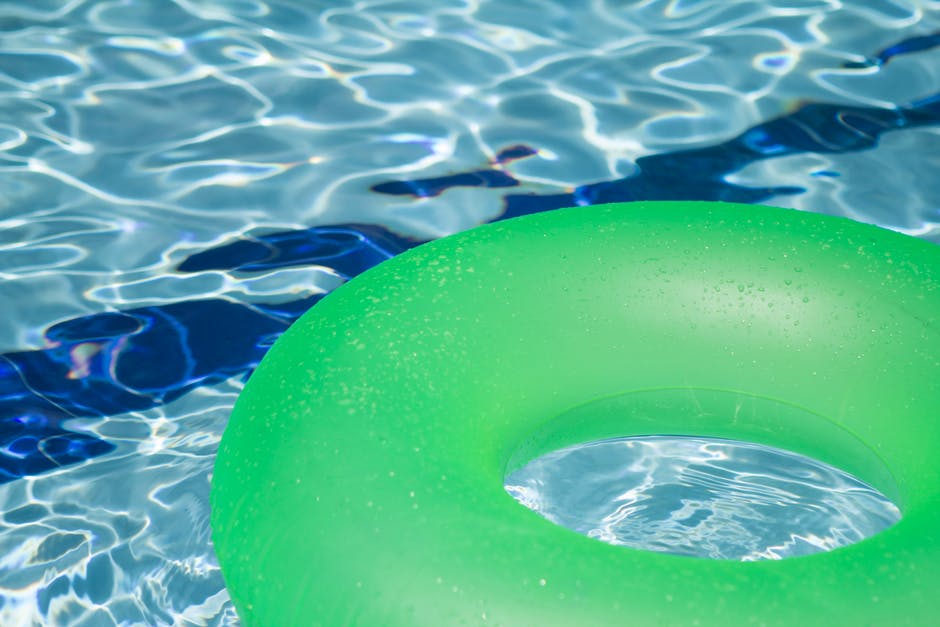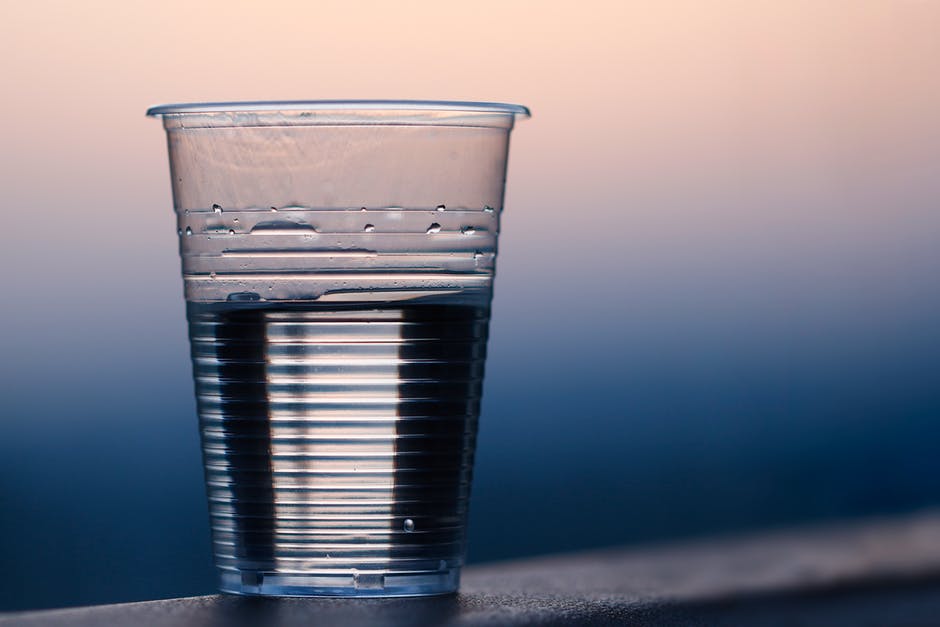Chlorine is the most widely used chemical for water disinfection. Although, it significantly reduces the incidences of waterborne diseases in the United States,yet, it’s actually still posing a threat to our health.
The Effects
Surely we all experience the exterior effects chlorinate water has on our bodies:
- Dry, itchy and sometimes red skin.
- Removal of natural oils from our hair causing dry, porous hair lacking in shine and flexibility.
But, did you know when you inhale it from spray and steam while showering and bathing it:
- Goes directly into our blood stream reducing oxygen transport in our lungs
- Accelerates aging from free radical damage
- Causes the destruction of valuable vitamins our bodies need
Unfortunately, Chlorine Itself is Not the Only Threat Associated with Showering, Bathing and Drinking Municipal Water
Chlorine reacts with many naturally occurring organic and inorganic compounds found in water supplies. Decaying vegetation, and man-made substances like industrial solvents, benzene, pesticides and herbicides cause organic compounds. Inorganic compounds include heavy metals, iron and limerock. The chemical reaction between chlorine and these compounds, consequently creates undesirable disinfection by-products. In addition, haloacetic acids (HAAs) and trihalomethanes (THMs), link to an increased risk of cancer. In conclusion, it’s not something we want to be consuming.
A recent American Journal of Public Health study found an association between bladder/rectal cancer and chlorination by-products in drinking water. And, according to EPA’s List of Drinking Water Contaminants, long term exposure to HAAs and THMs can result in kidney, central nervous system and liver problems.
Fortunately, there is equipment that can remove 99.99% of chlorine and its dangerous by-products from water in your home or business. So, why continue consuming it when there’s an easy solution?
For more information and peace of mind fill the form on this link: http://goo.gl/Lu8PJ2
A member of our team will contact you to make an appointment at your earliest convenience.
You can also call us: Gainesville: (352) 372-2707 – Ocala: (352) 369-1707 – Toll-Free: (800) 516-8962
Or Email us: info@BestWaterSolutions.com

